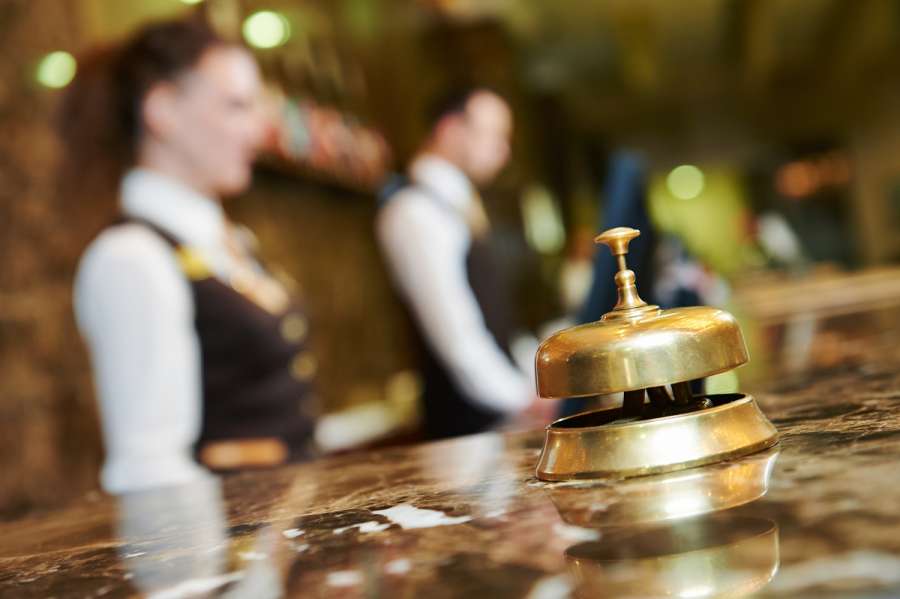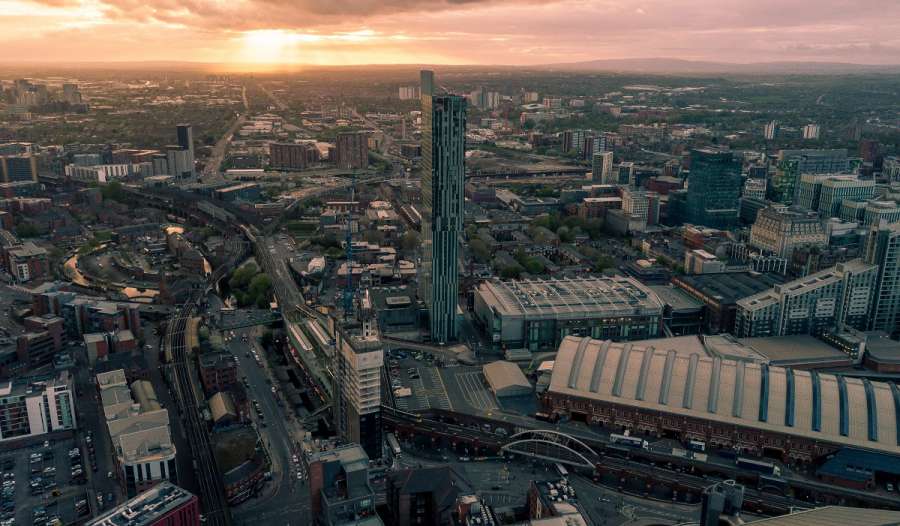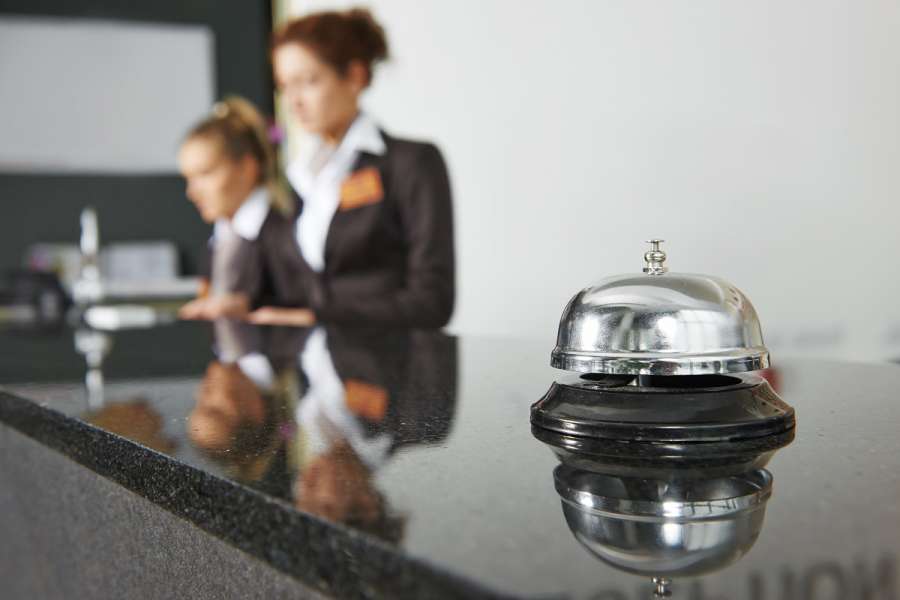The Welsh government has similar plans in motion to introduce a tourist tax, as does the city of Edinburgh, with other cities at the initial consultation stages along with tourism hotspots such as the Lake District.
Matthew Hutton from Armstrong Watson, Accountants, Business and Financial Advisers, has provided some commentary on how the new taxation may impact hospitality and leisure in the Lake District:
''The hospitality and tourism sectors are such a key component of the Lake District, as our many fantastic businesses work hard to provide all guests with the best experiences to complement the incredible surrounding scenery.
Large numbers of tourists flock to the Lake District, with the latest surveys showing that the National Park welcomes 15.8 million visitors a year. However, the sheer volume of footfall in the area takes its toll on the landscape, with footpaths, fells and lakeshores falling victim to erosion, wear and tear, and litter.
The infrastructure of the small towns and villages throughout the Lakes can also be pushed to their limits from the number of people visiting, with insufficient parking and narrow pavements, among other issues.
If the funds generated by a tourism tax were appropriately reinvested back into improvements benefitting the area and the sector, it could be an extremely useful tool to address some of these issues; however, it is already proving to be a divisive subject.
Detractors think that an additional cost burden during a cost of living crisis may drive those very same tourists who generated a total of £1.35 billion for the area in 2021 away.''
The Northern Powerhouse Partnership has released a report recommending the introduction of a tourism tax on hotel stays to support culture, protect the environment, and improve visitor experience, which, when charged at the same rate as Manchester, could raise £5.5m a year for the Lake District.
Widespread adoption across the UK may level the playing field and alleviate any adverse consequences of introducing the tourist tax, helping the hospitality and leisure sector to continue to recover to pre-pandemic levels.
Myerson's Hospitality and Leisure team will continue to evaluate the impact of the tourism tax in Manchester and how the funds raised will be utilised in the city in the new year.




